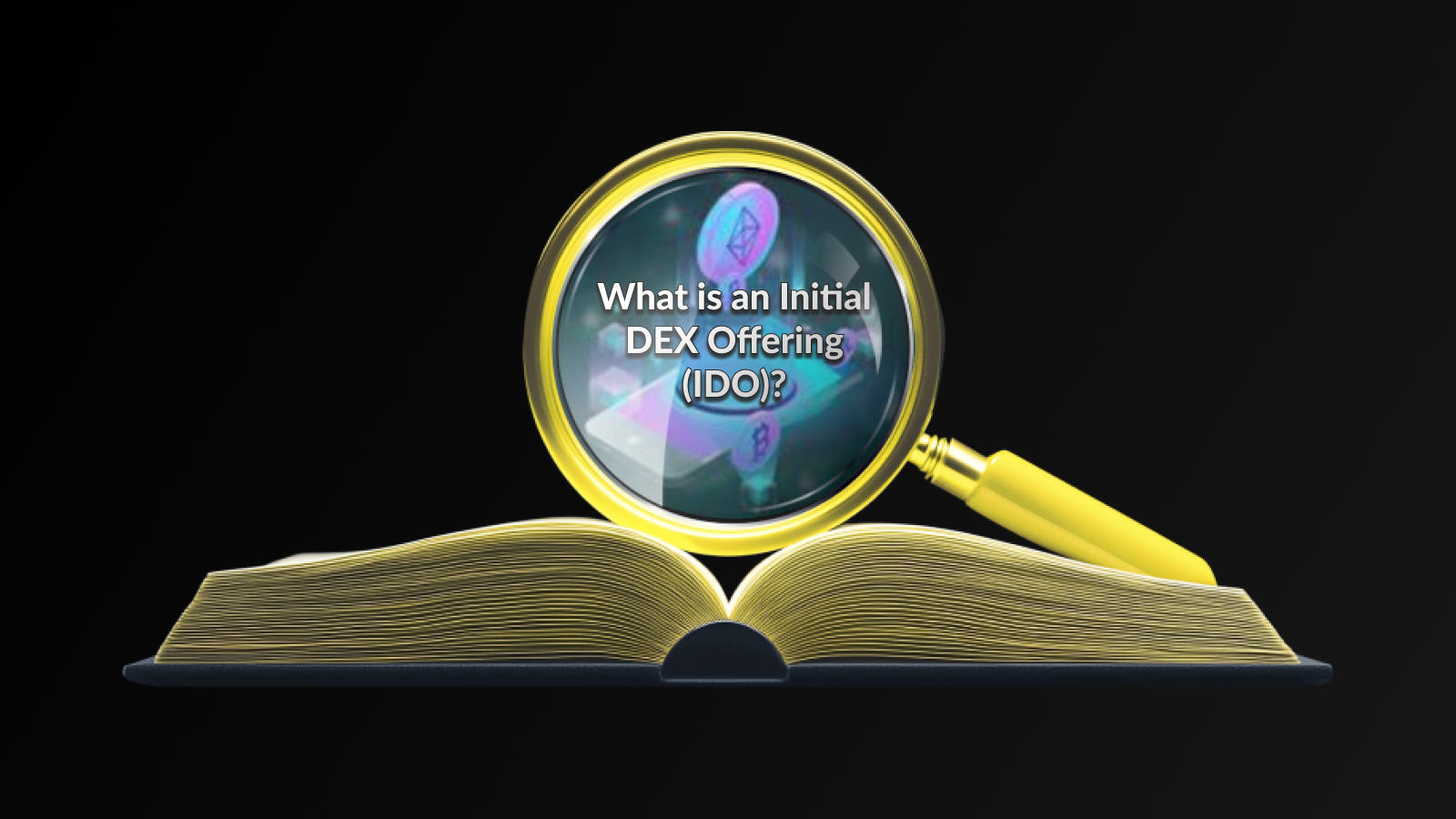Introduction
Explore blockchain immutability: its workings, advantages, and real-world use cases. Discover why it’s a cornerstone of secure and transparent transactions.
The concept of immutability is at the core of many advanced technologies, particularly in the realm of blockchain. With the rise of digital transactions and decentralized systems, ensuring Blockchain Data Integrity has become increasingly critical. Immutability refers to the impossibility of altering or deleting data once it has been recorded on the blockchain. This characteristic is achieved through the application of cryptographic hashes, which link each block of data in an unmodifiable manner.
One of the most significant aspects of immutability lies in its ability to create a Immutable Ledger Technology. This technology ensures that every transaction is securely stored, providing a high level of trust and transparency. By preventing unauthorized alterations, blockchains serve as reliable systems for recording information, thus instilling confidence among users.
Moreover, the implication of immutability extends beyond financial transactions to various sectors such as supply chain management, healthcare, and voting systems. Immutable records protect against fraud and enable stakeholders to trace back through historical data with certainty.
In essence, the introduction of immutability into blockchain technology has revolutionized how we approach data integrity, paving the way for a more secure and transparent digital future.
How Does Immutability Work?
Immutability in the context of blockchain is primarily achieved through the use of cryptographic hash functions and a consensus mechanism. Each block in a blockchain contains a unique hash of its data, along with the hash of the previous block. This chain of blocks forms a secure and immutable ledger technology, ensuring that any alteration to a single block affects all subsequent blocks, making unauthorized changes immediately apparent.
Additionally, the decentralized nature of blockchain networks plays a critical role in maintaining blockchain data integrity. Unlike traditional databases, where a central authority can modify records, blockchain relies on a distributed consensus among all network participants. Each participant holds a copy of the entire blockchain, and any changes to the data require agreement from the majority, further locking in the integrity of recorded transactions.
Furthermore, once a block is added to the blockchain, it is effectively sealed with a timestamp and the unique hash. This combination of cryptographic techniques and consensus mechanisms creates a strong barrier against tampering and fraud, providing users with confidence that the data stored is accurate and unaltered.
As a result, the principles of immutability are foundational to trust in blockchain technology, making it an ideal solution for applications where data integrity is paramount. Through its robust architecture, blockchain not only safeguards information but also fosters transparency, accountability, and trust among all stakeholders involved in the network.
Advantages of Blockchain Immutability
One of the most significant advantages of blockchain immutability is its ability to ensure Blockchain Data Integrity. Once data is recorded on a blockchain, it cannot be altered or deleted without the consensus of the network participants. This characteristic fosters transparency and trust among users, as everyone can verify and audit the information on the ledger without any fear of unauthorized modifications.
Another benefit is the enhanced security provided by immutable ledger technology. The decentralized nature of blockchain means that there is no single point of failure. Even if a malicious actor attempts to alter data, the consensus mechanism ensures that changes are not accepted unless they are unanimously agreed upon by the network. This significantly reduces the risk of fraud and data tampering.
Moreover, blockchain immutability also streamlines auditing processes. Since transactions are permanently recorded and can be traced back to their origins, organizations can perform audits more efficiently. Auditors can easily verify the integrity of records, thus minimizing time and costs associated with manual checks.
The immutability of blockchain helps in building robust systems for global transactions. With a trustworthy ledger in place, companies can conduct cross-border business with confidence, knowing that the details are secure and tamper-proof. This reliability can ultimately lead to increased collaboration and innovation across industries.
Use Cases of Immutability in Blockchain
Immutability is one of the cornerstone features of blockchain technology, ensuring that once data is recorded, it cannot be altered or deleted. This property is essential across various industries, providing numerous use cases that enhance Blockchain Data Integrity and trust in digital transactions.
1. Financial Transactions
In finance, the use of immutable ledger technology facilitates secure and transparent transactions. Blockchain allows for real-time recording of transactions, which helps in reducing fraud and ensures that all financial records are accurate and traceable.
2. Supply Chain Management
Immutability in blockchain can significantly improve supply chain transparency. By recording each transaction at every stage of the supply chain on an immutable ledger, stakeholders can trace the origin of goods, verify authenticity, and monitor conditions throughout transport. This verification helps in preventing fraud and ensures compliance with regulations.
3. Healthcare Records
In healthcare, patient records stored on a blockchain can be accessed securely and immutable. This enables healthcare providers to maintain accurate medical histories without the risk of alterations, thus improving patient care and facilitating reliable data sharing across institutions.
4. Intellectual Property Rights
Blockchain technology protects intellectual property (IP) by creating immutable proof of ownership. Artists and creators can register their works on a blockchain, ensuring that their rights are preserved and easily verifiable, thereby preventing unauthorized use.
5. Voting Systems
The implementation of immutable ledgers in voting systems can enhance the integrity of the election process. By recording votes on a blockchain, it becomes nearly impossible to tamper with ballots, ensuring transparency and fostering public confidence in electoral outcomes.
The use cases of immutability in blockchain span various sectors, providing enhanced Blockchain Data Integrity, security, and efficiency. As more industries recognize the benefits of immutable ledger technology, we can expect to see continued innovation and adoption in the coming years.
Disclaimer
This article is for educational purposes only and should not be considered financial or investment advice. Cryptocurrency investments involve risks, and users should conduct their own research before making financial decisions.
Click here for more Darkex Education articles.





